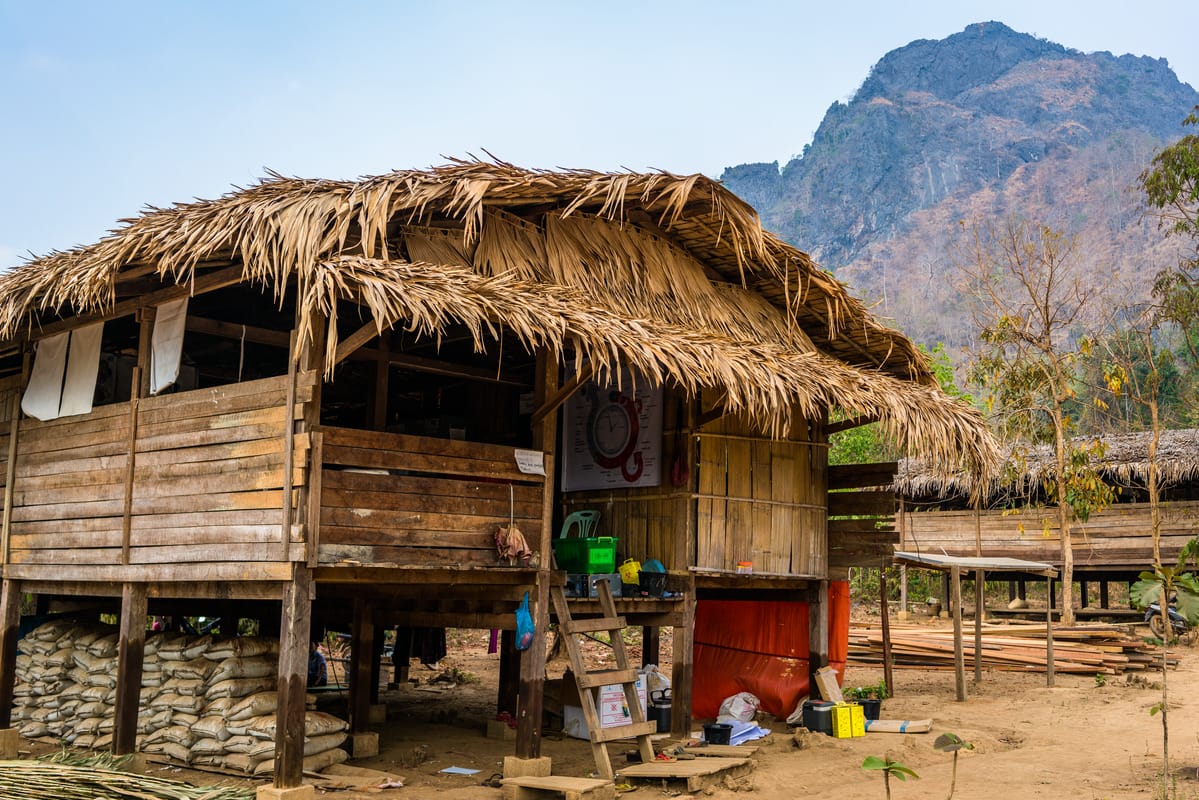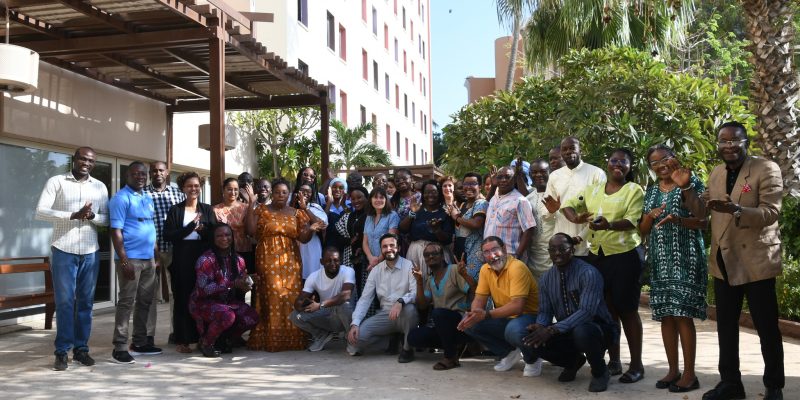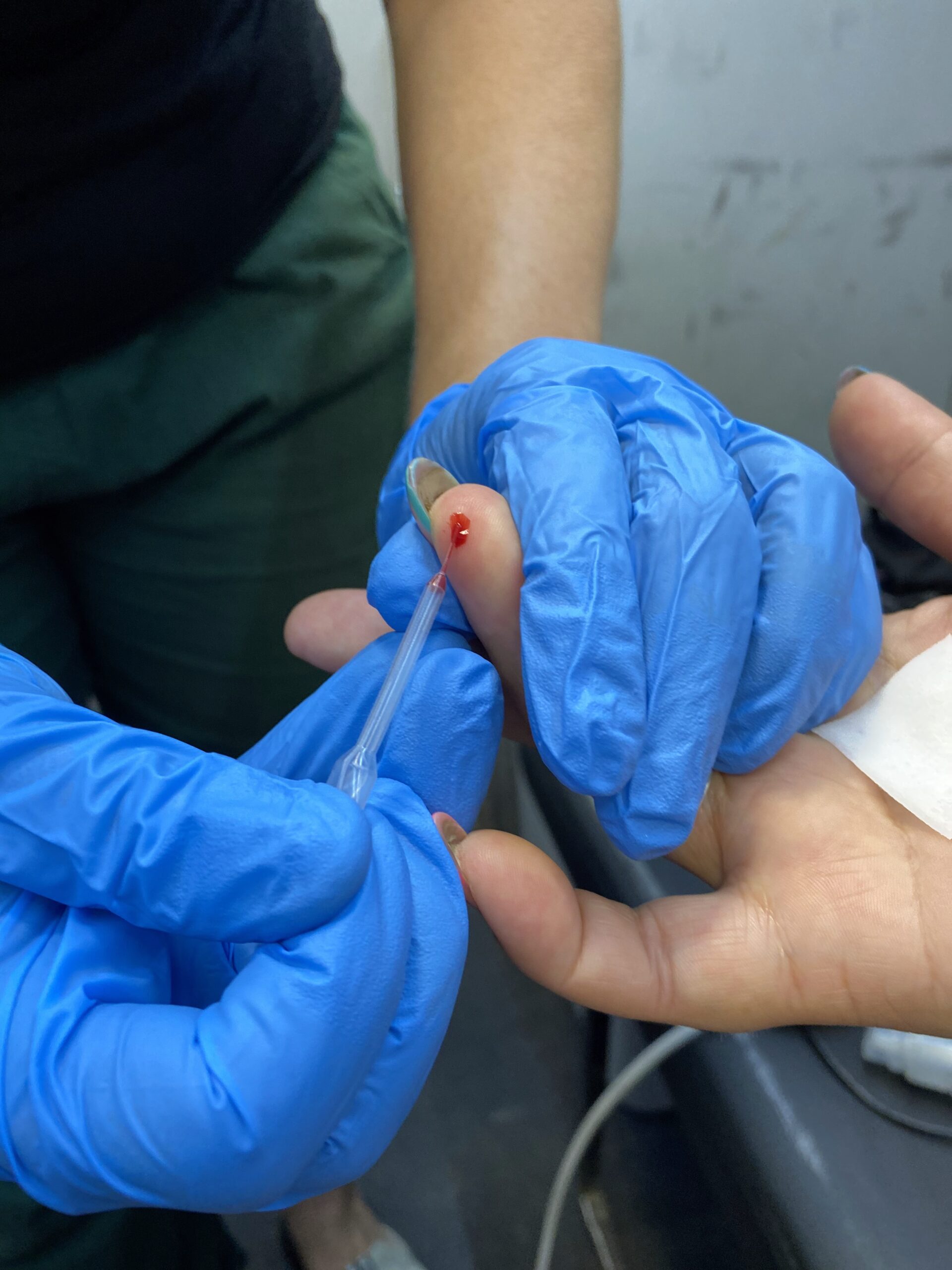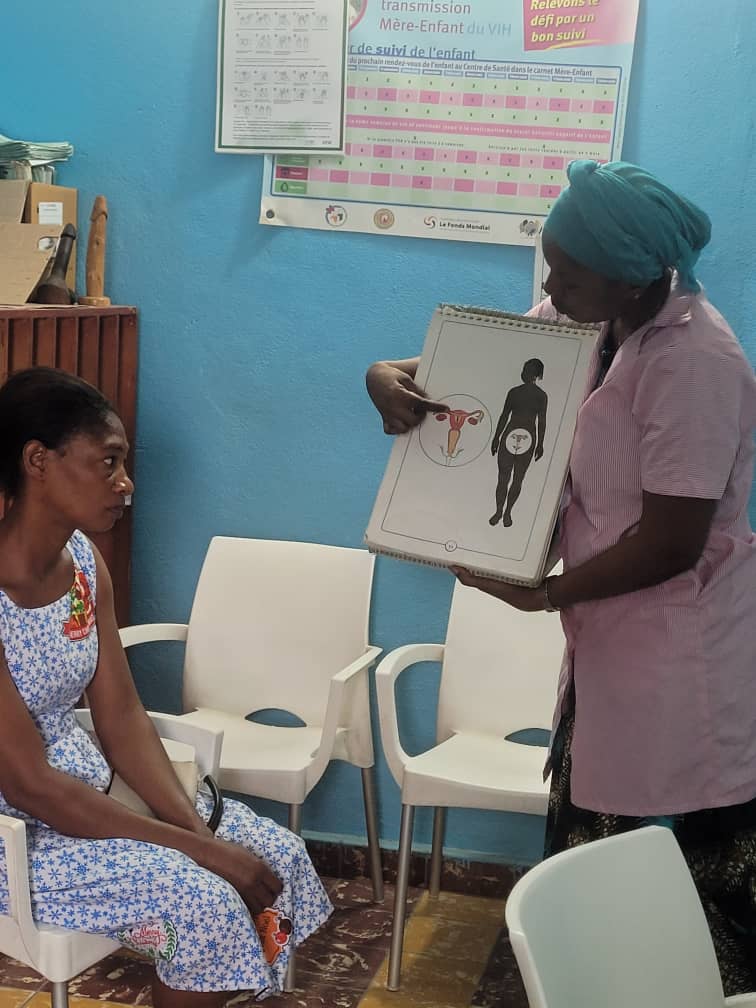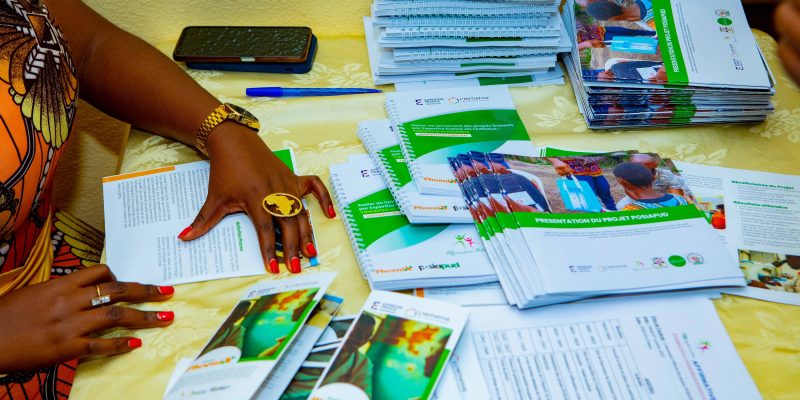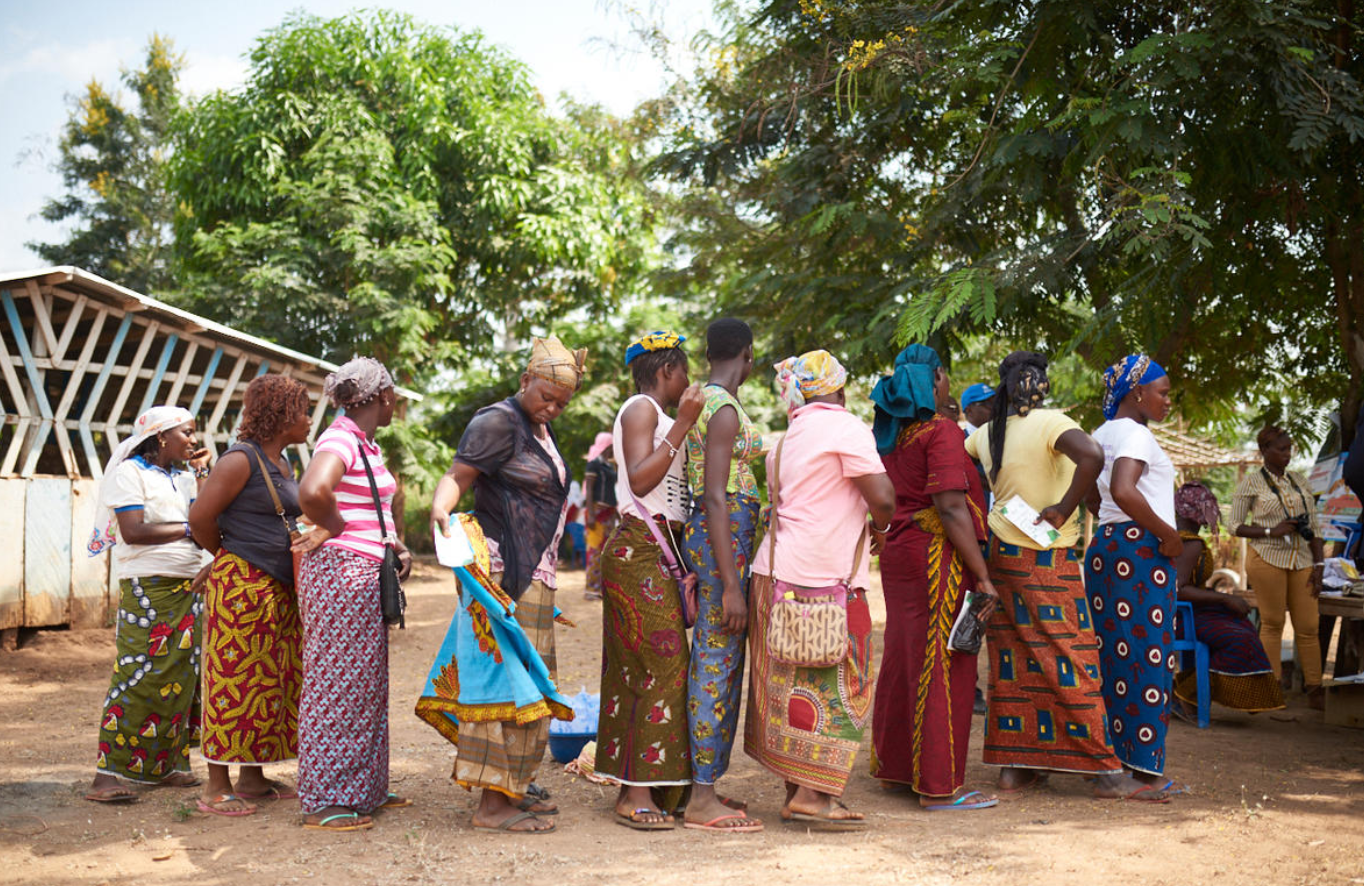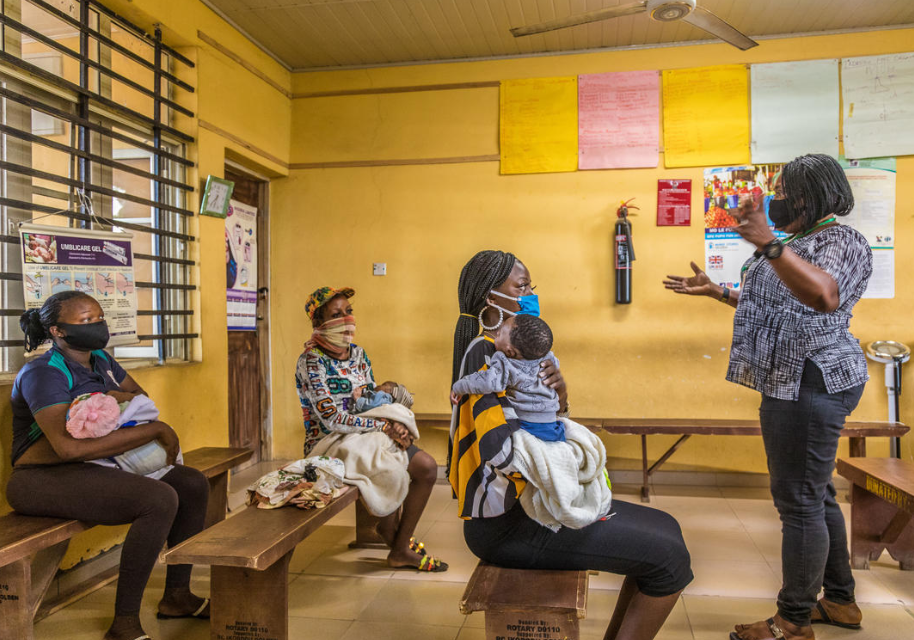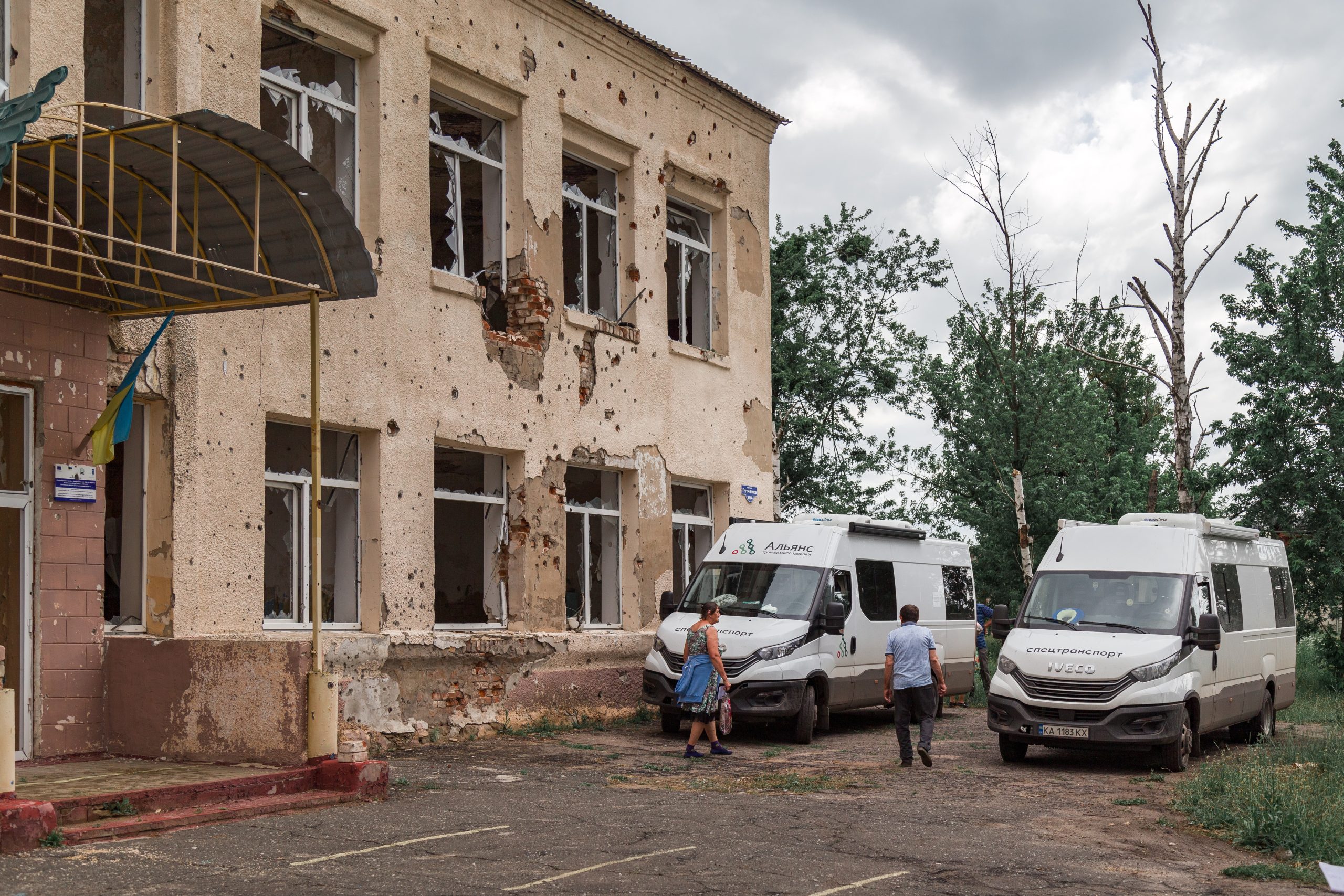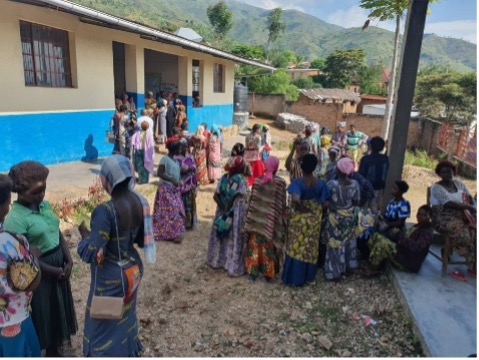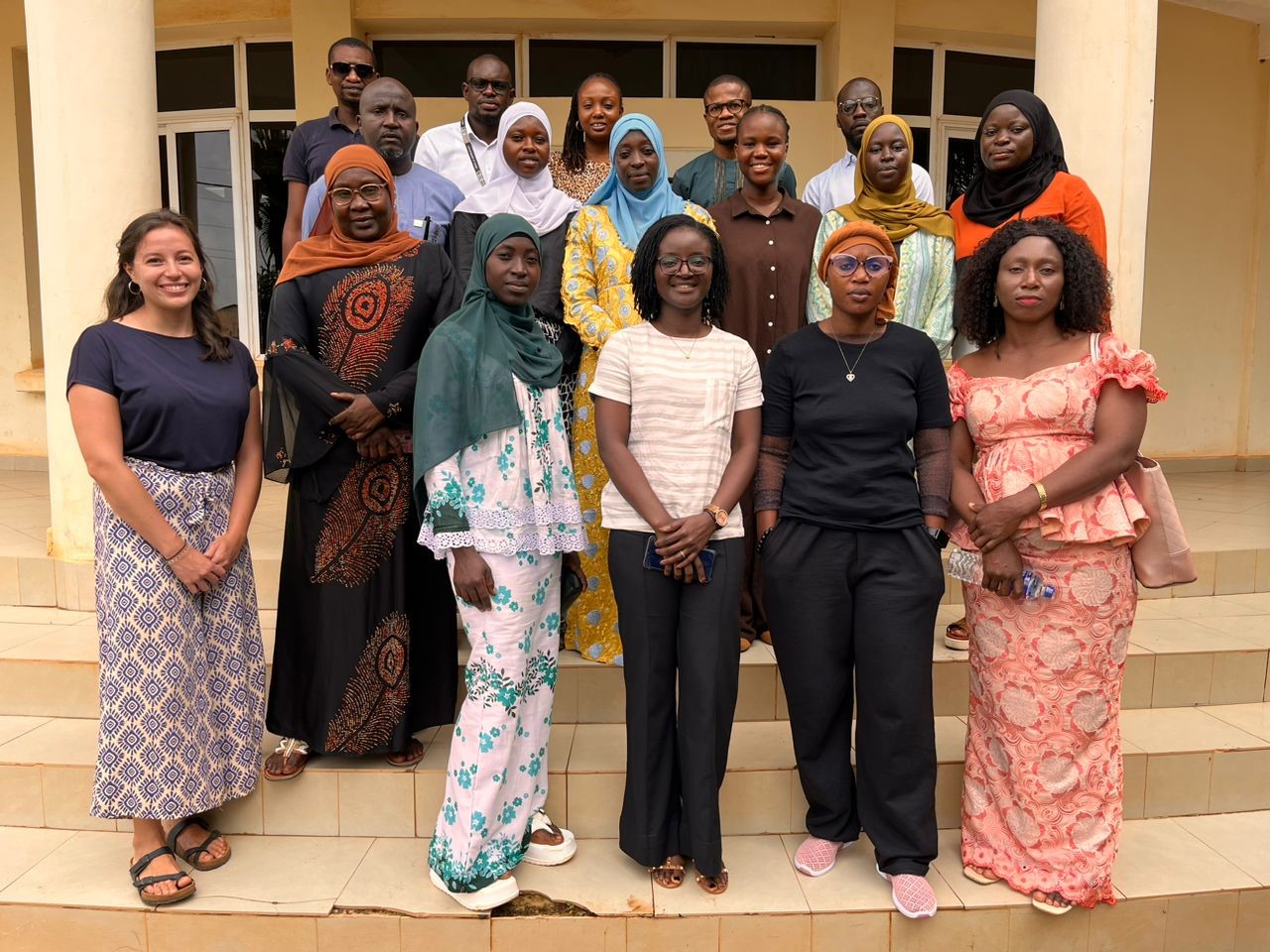This project aims to improve access to sexual and reproductive healthcare for sex workers by adopting a community-based approach that empowers them and strengthens both the demand for and the quality of services offered.
Context
In 2019 and 2021, Médecins du Monde conducted exploratory missions along the Antananarivo-Tamatave road corridor, following recommendations from the Observatory on Access to Rights and Healthcare. These missions highlighted significant challenges for sex workers (SWs), particularly in HIV/AIDS screening, access to quality information, and addressing stigma. In Madagascar, sex work is widespread, involving around 170,000 people. Sex workers face numerous health risks related to sexually transmitted infections (STIs) and HIV/AIDS, with a high prevalence of syphilis, chlamydia, and herpes. The legal framework surrounding sex work is ambiguous, alternating between stigmatization and tolerance. Sex workers often experience violence and discrimination, compounded by economic vulnerability and a lack of trust in institutions. The exploratory missions revealed substantial unmet needs in terms of sexual and reproductive health and rights (SRHR).
Description
This project focuses on the road linking Madagascar’s main port to the capital, where sex work is particularly common. It involves fourteen health centers in Antananarivo, Moramanga, Brickaville, and Tamatave. The goal is to strengthen access to healthcare and rights for sex workers through an inclusive, human rights-based approach while improving the quality of SRHR services. The project takes a public health response model combined with a community-based approach and advocacy efforts aimed at enhancing national health policies.
Impact
On the one hand, the project seeks to empower sex workers to overcome barriers to healthcare access through a comprehensive strategy that includes preventive, promotional, and curative measures. This approach focuses on holistic care and aims to enhance both individual and collective capacities for action. On the other hand, it aims to improve the quality of SRHR services, with an emphasis on harm reduction and ensuring access to rights for sex workers.

